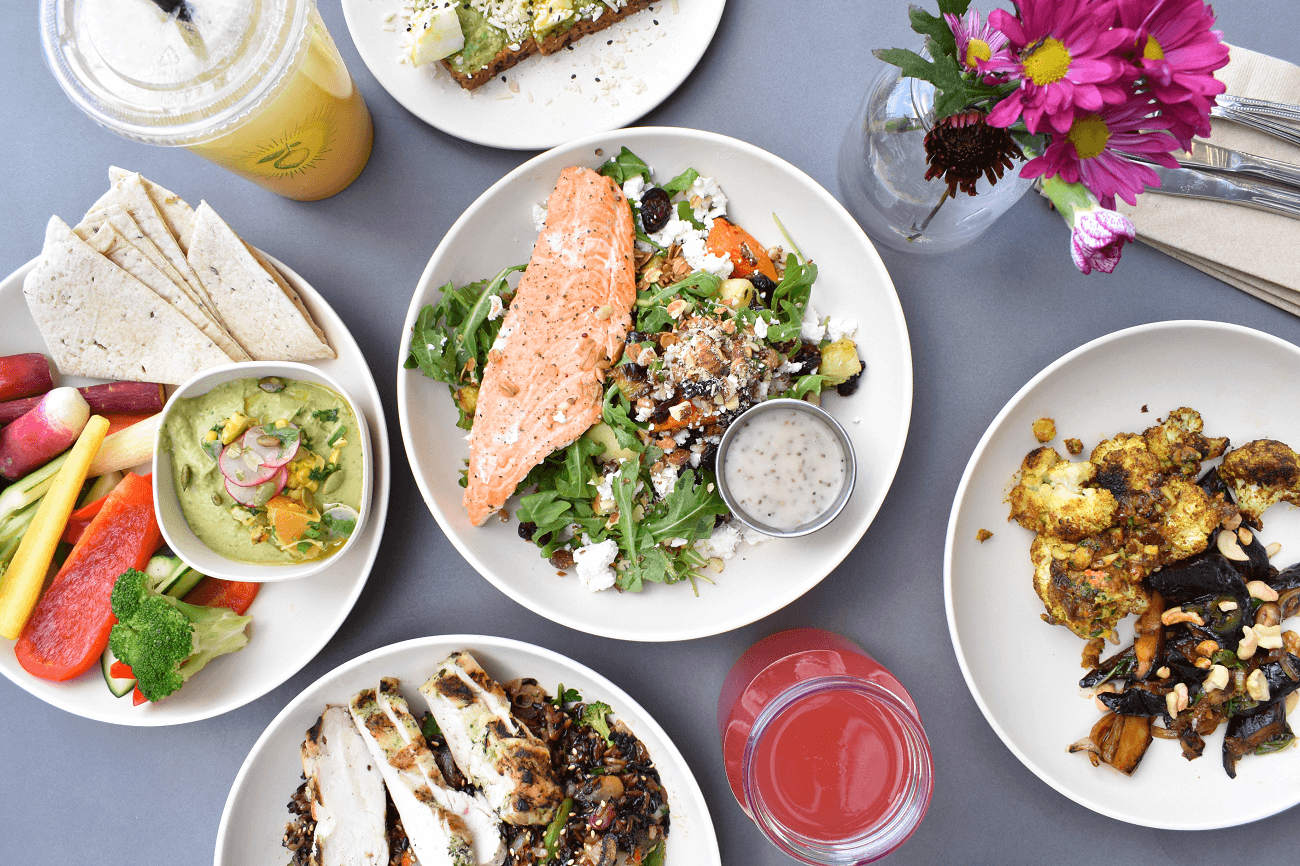
Ensuring your body is adequately fueled is crucial for runners at any level. The right nutrition strategy not only wards off fatigue but also enhances recovery post-run. Conversely, consuming the wrong foods, or skipping pre-run nourishment altogether, can lead to uncomfortable stomach cramps or hitting the dreaded energy depletion commonly known as “hitting the wall.”
Below are key guidelines on selecting the appropriate meals and snacks to power your run efficiently.
Meal Planning Before Your Run

For distance runners, it’s essential to consume a well-balanced meal three to four hours before setting out. This applies to events like the 10K, half marathon, and full marathon. For those engaging in activities lasting less than 60–90 minutes, the emphasis on a pre-run meal diminishes.
The objectives of the pre-run meal are twofold: to prevent hunger during the run and to ensure a steady supply of blood glucose to the muscles. Opt for a meal rich in carbohydrates, with moderate protein, and low in fats and fibers to ease digestion.
Hydration is also key; aim to drink 17–20 ounces (500–590 ml) of water alongside your meal to start off well-hydrated.
Meal suggestions include:
- Egg whites and whole eggs on white toast with jelly and a banana.
- Low-fat cottage cheese with blueberries and honey on toast.
- A white bagel with turkey slices and mustard, paired with grapes.
- A baked potato with sour cream, grilled chicken breast, and a dinner roll.
- Cooked pasta with marinara sauce, chicken breast, and lightly buttered bread.
Avoid high-fat and high-fiber foods that slow digestion, such as heavy creams, fried foods, and whole grains.
Pre-Run Snacks
A snack 30–60 minutes before your run provides a quick energy boost. This is particularly beneficial for runs exceeding 60 minutes, though it’s fine to have a snack regardless of your run’s duration.
A pre-run snack should primarily consist of carbohydrates and be lower in calories than a full meal to avoid digestive discomfort.
Snack examples:
- A piece of fruit like a banana or orange
- Half an energy bar
- Half an English muffin with honey or jelly
- Crackers or pretzels
- Dry cereal
Accompany your snack with 5–10 ounces (150–295 ml) of water to stay hydrated.
Snacking During Your Run
For runs extending beyond 90 minutes, consuming 30–60 grams of carbohydrates every hour can help maintain energy levels and delay fatigue. Suitable snacks include sports drinks, energy gels, energy bars, or even candies like gummy bears, which can replenish your glycogen stores effectively.
Remember to stay hydrated, adjusting your intake based on sweat loss, and avoid over-hydration, especially when consuming sports drinks.
Personalizing Your Nutrition Strategy
Nutrition needs can vary greatly among individuals, so it’s important to use your training runs to experiment with different foods and find what works best for you. Avoid trying new foods or strategies on race day to prevent unexpected reactions.
The Botton Line
Thoughtful nutrition planning is crucial for maximizing your running performance and enjoyment. By fueling correctly before and during your run, and experimenting to find what works best for you, you can ensure that you’re setting yourself up for success on the track or trail.
